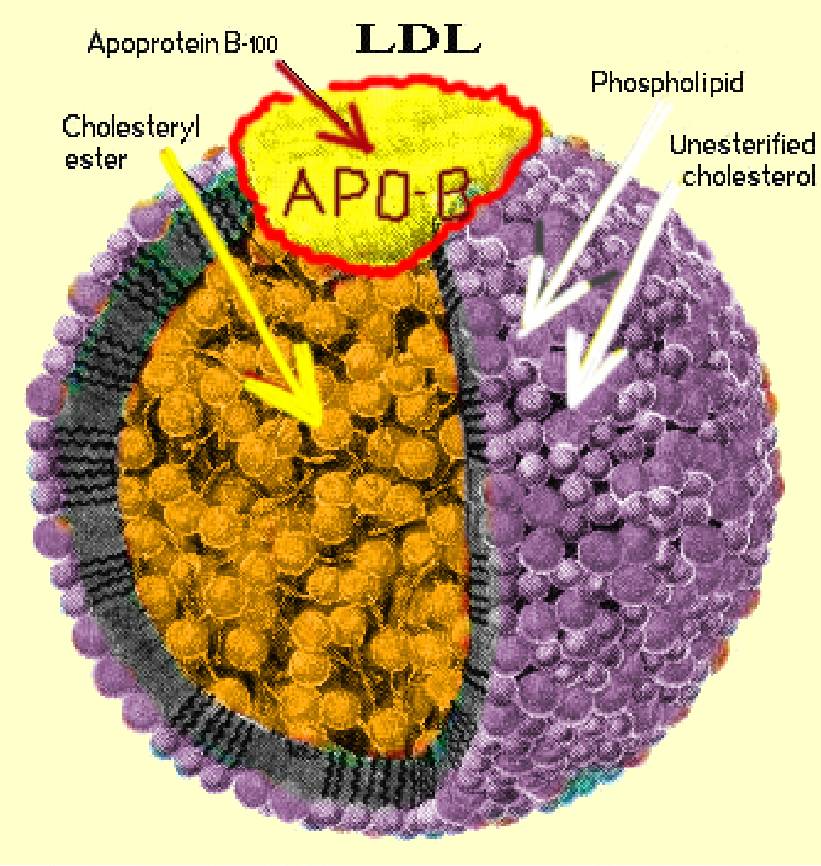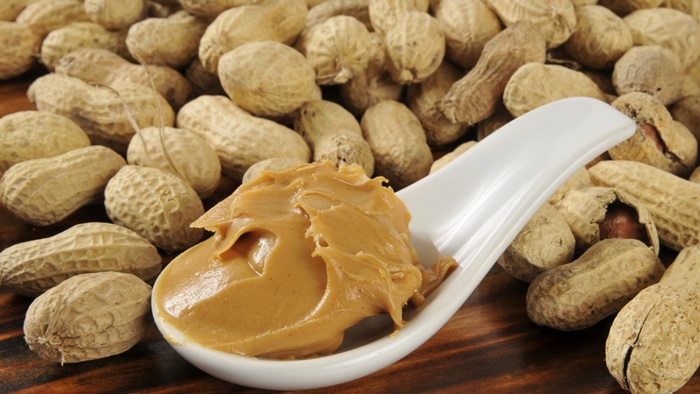joetown2001
Member
Hey guys. So I had my first lipid panel done in several years. I am 42, workout 4-5 times a week, and I eat a high protein, low carb diet. My numbers came back and my total cholesterol and LDL are very high. However, my triglycerides are pretty good, and my HDL is decent. I do suffer from low T and I am not currently on treatment. My follow up with my primary care doctor is Monday. Wanted to get some thoughts on what you guys think since my bad cholesterol is high, but my triglycerides are pretty good.
Component Results
Component Results
| Component | Your Value | Standard Range |
|---|---|---|
Cholesterol, Total | 260 mg/dL | 100 - 200 mg/dL |
Triglyceride | 109 mg/dL | 35 - 199 mg/dL |
HDL (High Density Lipoprotein) Cholesterol | 48.6 mg/dL | 29.0 - 71.0 mg/dL |
LDL Calculated | 190 mg/dL | 0 - 130 mg/dL |
VLDL Cholesterol | 22 mg/dL | mg/dL |
Cholesterol/HDL Ratio | 5.3 |
















